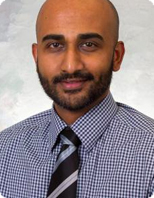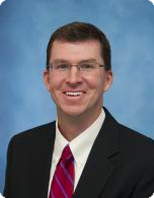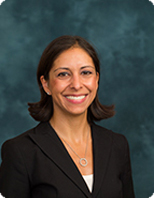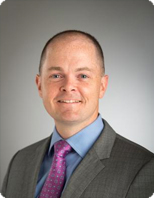Read full interview at U-M Public Engagement and Impact
One of this year’s Road Scholars, Shanna Kattari, is an assistant professor in the School of Social Work with a courtesy appointment in Women’s Studies. She researches health disparities among transgender and nonbinary people, disability and ableism, and examines sexuality in marginalized communities, particularly in LGBTQIA individuals and people with disabilities.
In this Q&A, Kattari reveals her motivation for joining the Road Scholars, and what she hopes to learn.

Shanna K. Kattari, PhD, MEd, ACS; University of Michigan School of Social Work faculty, board certified sexologist, experienced sexuality educator, and social justice advocate.
What interested you in the Road Scholar tour?
As someone relatively new to Michigan — I’m just finishing up my second year at U-M — it’s really important to me to learn about my new state and all of the different facets that make up Michigan. I do community-based research and it is incredibly difficult to know what type of research is needed when I don’t know much about the communities in my new home, and what their needs are. Plus, I haven’t been further north than Lansing and really wanted to get to see more of the state.
– Shanna Kattari
The Michigan Road Scholars Tour — an annual five-day traveling seminar that takes U-M faculty through the state — increases mutual knowledge and understanding between the university and the people and communities of Michigan.
You can keep up with the happenings on the tour May 6–10 by following #MIRoadScholars on Twitter.
Read full interview at U-M Public Engagement and Impact






